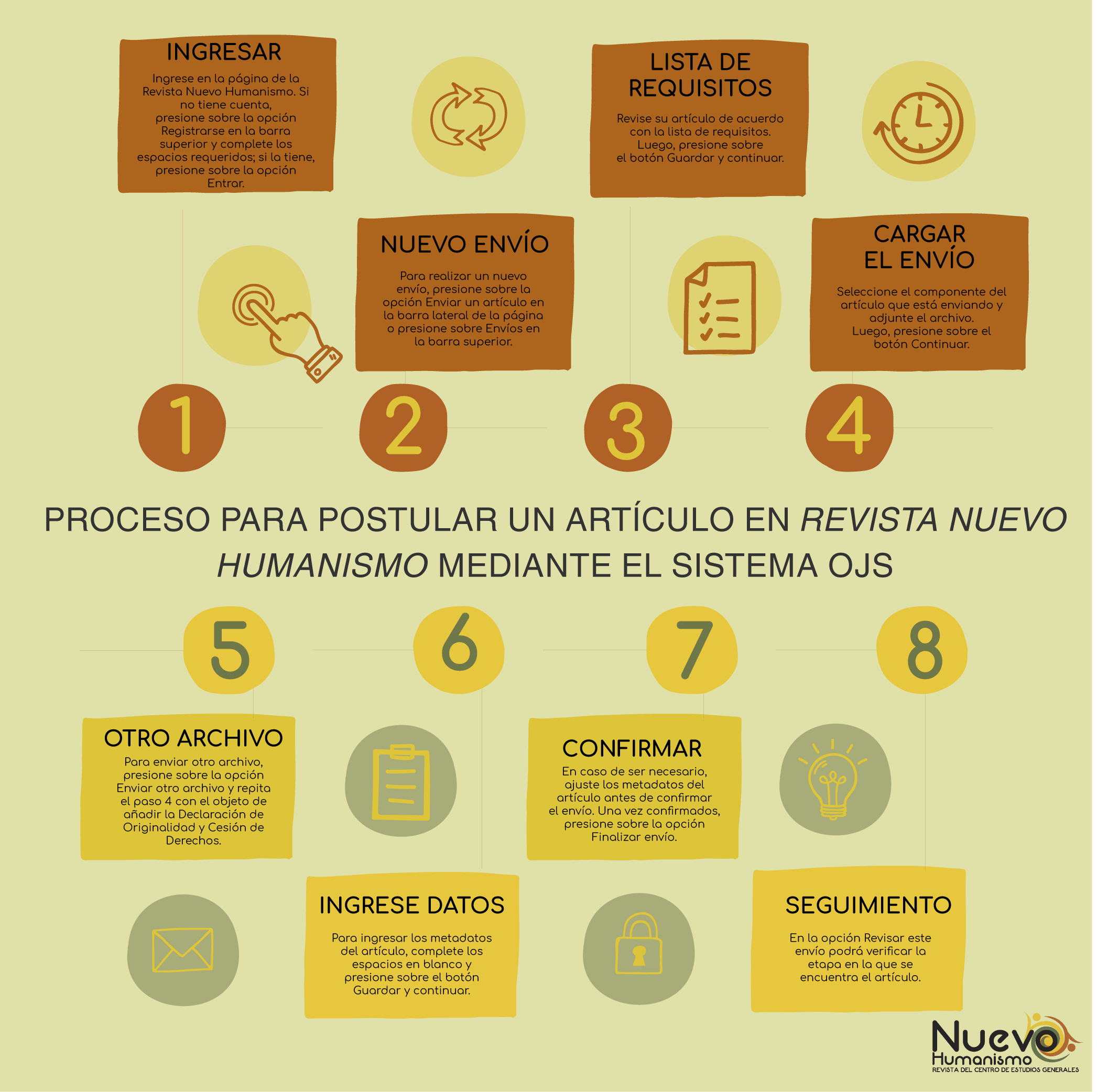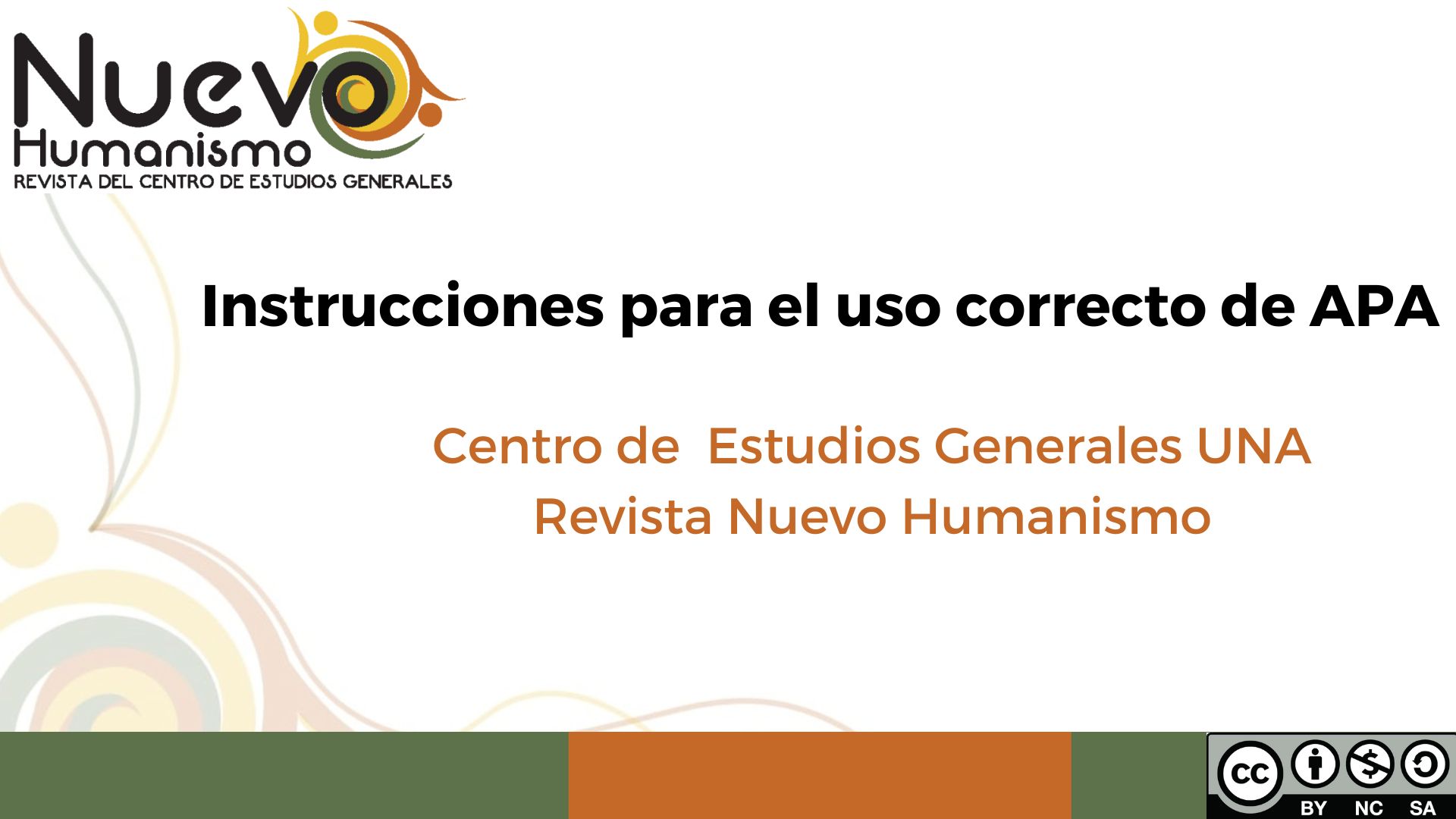Para un humanismo del siglo XXI: desafíos y propuestas
DOI:
https://doi.org/10.15359/rnh.1-1.2Palavras-chave:
major crisis, environmental crisis, economic crisis, civilizational crisis, crisis of hegemony, contemporary humanismResumo
In this paper we examine the unfolding of the four major crises facing humanity at the dawn of the twenty-first century: the environmental crisis, theeconomic crisis, the civilizational crisis, and the crisis of hegemony. In thispaper we show how the systemic interaction between these four majorcrises and the negative feedback between them poses a major threat forhuman future survival. This represents a particularly complex and perilous crossroad, in which most probably the survival itself of our specieswill be determined. The paper examines all four major crises and tries toestablish a frame of analysis for understanding their original causes andtheir past and present genesis. In the final section, we advance some basicthough crucial proposals concerning the emergence of a humanist perspective, based on the implicit or explicit central assumption of an essentialhuman nature which is both universal and common to all of humanity.This egalitarian, democratic and revolutionary notion has never been entirely fulfilled in tenns of actual historical and real social practices, remainingalways cunailed and jeopardized by different types of dichotomies in differentsocieties and in different historical periods, separatìng the (human us” from the“subhuman them”. This simple though powerful and today almost self-evidenttruth that all humans are “created” equal and share the same basic human nature,because it has never been totally fulfilled in real social practice,continues to be a conceptual cornerstone from which we canconstrue and implement a contemporary humanist praxis.Referências
Arrighi, G. (1994). The Long Twentieth Century: Money, Power and the Origin of Our Times. England: Verso.
Baran, P. A. y Sweezy, P. M. (1966). Monopoly Capital. Nueva York: Monthly Review Press.
Baraona, M. (2005). Puntos de fuga: el fin de una historia y la transición a la hipermodernidad. Chile: LOM Ediciones.
Baraona, M. (2011). Diez ensayos críticos. Costa Rica: Editorial Germinal.
Barel, I. (1984). La societe du vide. Paris: Seuil.
Barnett, T. P., D. W. Pierce y Schnur, R. (2001). Detection of Anthropogenic Climate Change in the World`s Oceans. Science 292: 270-274.
Beinstein, J. (3 de marzo, 2009). Señales de implosión. Rebelión. Recuperado de www.rebelion.Org/noticia.php?id=81659.
Bellamy Foster, J. (1986). The Vulnerable Planet. Nueva York: Monthly Review Press.
Bruno, G. (2009). La sombra de las ideas. De umbris idearum. Madrid: Siruela.
Bruno, G. (2011). De la causa, principio y uno. Buenos Aires: Editorial Lozada.
Cassidy, J. (2009). How Markets Fail. Nueva York: Farrar, Strauss y Giroux.
Chomsky, N. (1996). Powers and Prospects: Reflections on Human Nature and the Social Order. London: Pluto Press.
Chomsky, N. (29 octubre, 2009). Human Rights in the New Millennium: It is Significant that the U.S. is Self-exempted from International Law. Conferencia en London School of Economics.
Cumming, R. D. (1969). Human Nature and History: A Study ofthe Development ofLiberal Political Thought. Chicago: Chicago University Press.
Curran, S., Nash, J .G. y Souza de, R.M. (2002). Interactions Between Coastal and Marine Ecosystems and Human Population Systems: Perspectives on How Consumption. Mediates This Interaction. Ambio: A Journal of the Human Environment 31(4): 264-68.
Dossani, S., Chomsky, N. (2009). Understanding the Crisis-Markets, the State and Hypocrisy. Noam Chomsky's ZSpace Page (18 de febrero).
Dowd, D. (2009). Inequality and the Global Economic Crisis. Londres: Pluto Press.
Hankyioreh, S. J. (24 de febrero, 2009). Un análisis histórico-económico clásico de la actual crisis. Entrevista a Robert Brenner. Rebelión.
Harvey, D. (1982). The Limits to Capital. Chicago: University of Chicago Press.
Harvey, D. (2005). A Brief History of Neoliberalism. Nueva York: Oxford University Press.
Hymer, S. H. (1976). The International Operation of National Firms: A Study of Direct Foreign Investment. Massachussets: MIT Press.
Hobsbawm, E. (2002). Historia del siglo XX. Buenos Aires: Editorial Crítica.
Keane, J. (2009). The Life and Death of Democracy. Londres: Simon & Schuster.
Kolko, J. (1988). Reestructuring the World Economy. Nueva York: Panteón.
Kotz, D. M. (2009). The Financial and Economic Crisis of 2008. Review of Radical Political Economics, 41(3).
Mandel, E. (1968). La formación del pensamiento económico de Marx de 1843 a la redacción de El capital: estudio genético. Argentina: Siglo XXI.
Marx, K. (1968). Introducción a la crítica del derecho de Hegel. Buenos Aires: Editorial Claridad.
Milanovic, B. (2005). La era de las desigualdades. Dimensiones de la desigualdad internacional y global. Madrid: Editorial Sistemas.
Minsky, H. (1993). Financial lnstability Hypothesis. Handbook of Radical Political Economy. Arestis y Sawyer (eds.). New York: The Jerome Levy Economics Institute.
Palley, T. I. (ll de abril, 2008). America's Exhausted Growth Paradigm. Chronicle of Higher Education.
Palley, T. l. Qulio, 2009). America's Exhausted Paradigm: Macroeconomic Causes of the Financial Crisis and the Great Recession. New America Foundation (July 22).
Perelman, M. (2005). Railroading Economics: The Creation of the Free Market Mythology. Nueva York: Monthly Review Press.
Robinson, J . (l932).The Economics of Imperfect Competition. London: Macmillan.
Schumpeter, J. A. (1935). Análisis del cambio económico. Ensayos sobre el ciclo económico. The Review of Economic Statistics 17(4).
Schumpeter, J. A. (1939). Business Cycle: A Theoretical Historical and Statistical Analysis of the Capitalist Process. Philadelphia: Porcupine.
Steindl, J. (1974). Maturity and Stagnation in American Capitalism. Nueva York: Monthly Review Press.
Stevenson, L. y David L. H. (2004). Ten Theories of Human Nature. Nueva York: Oxford University Press.
Sweezy, P.M. (1994). “The Triumph of Financial Capital”. Monthly Review (June).46(2).
Tibbetts, John. (2002). “Coastal Cities: Living on the Edge” en, Environmental Health Perspectives. ll0(ll):674-681.










